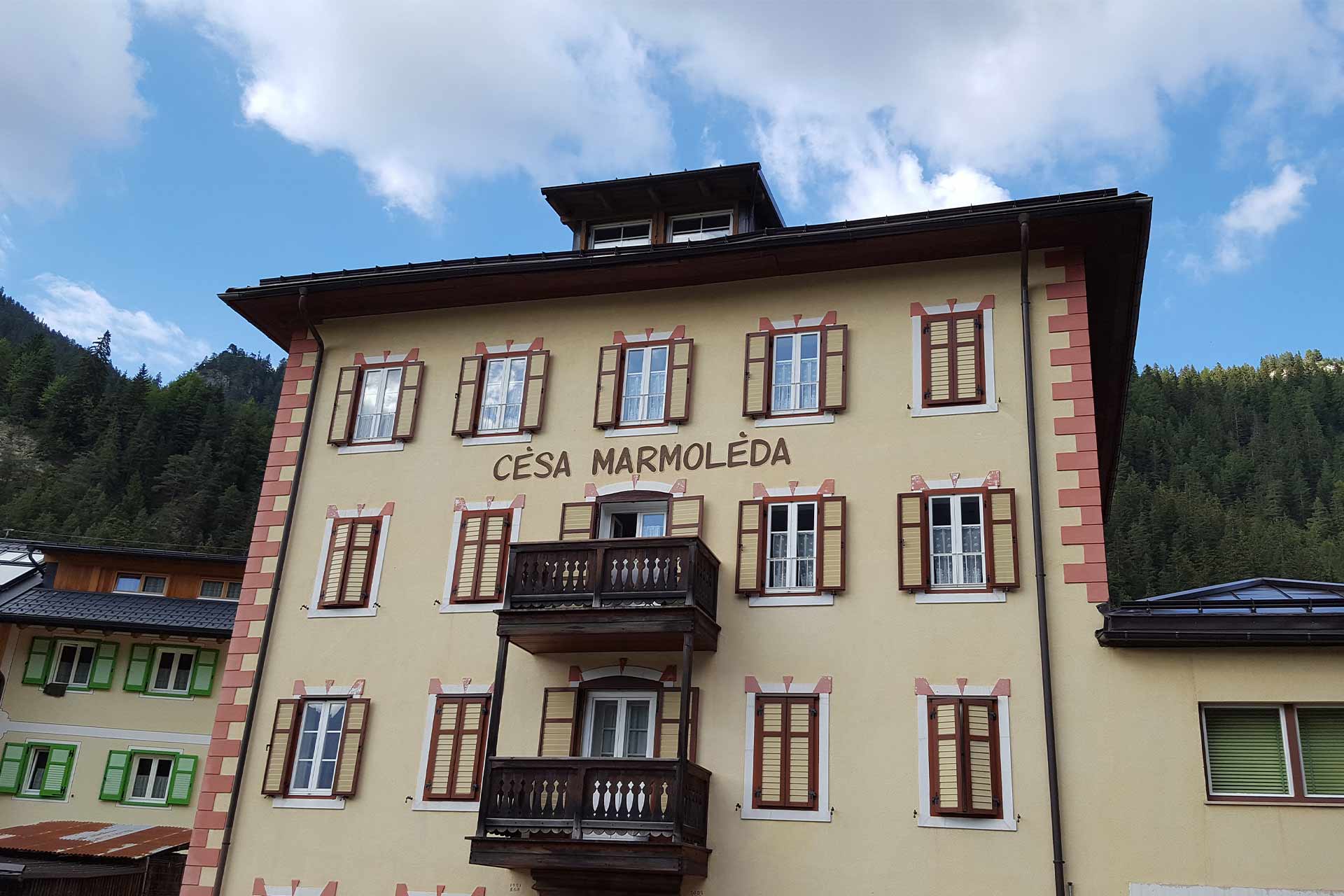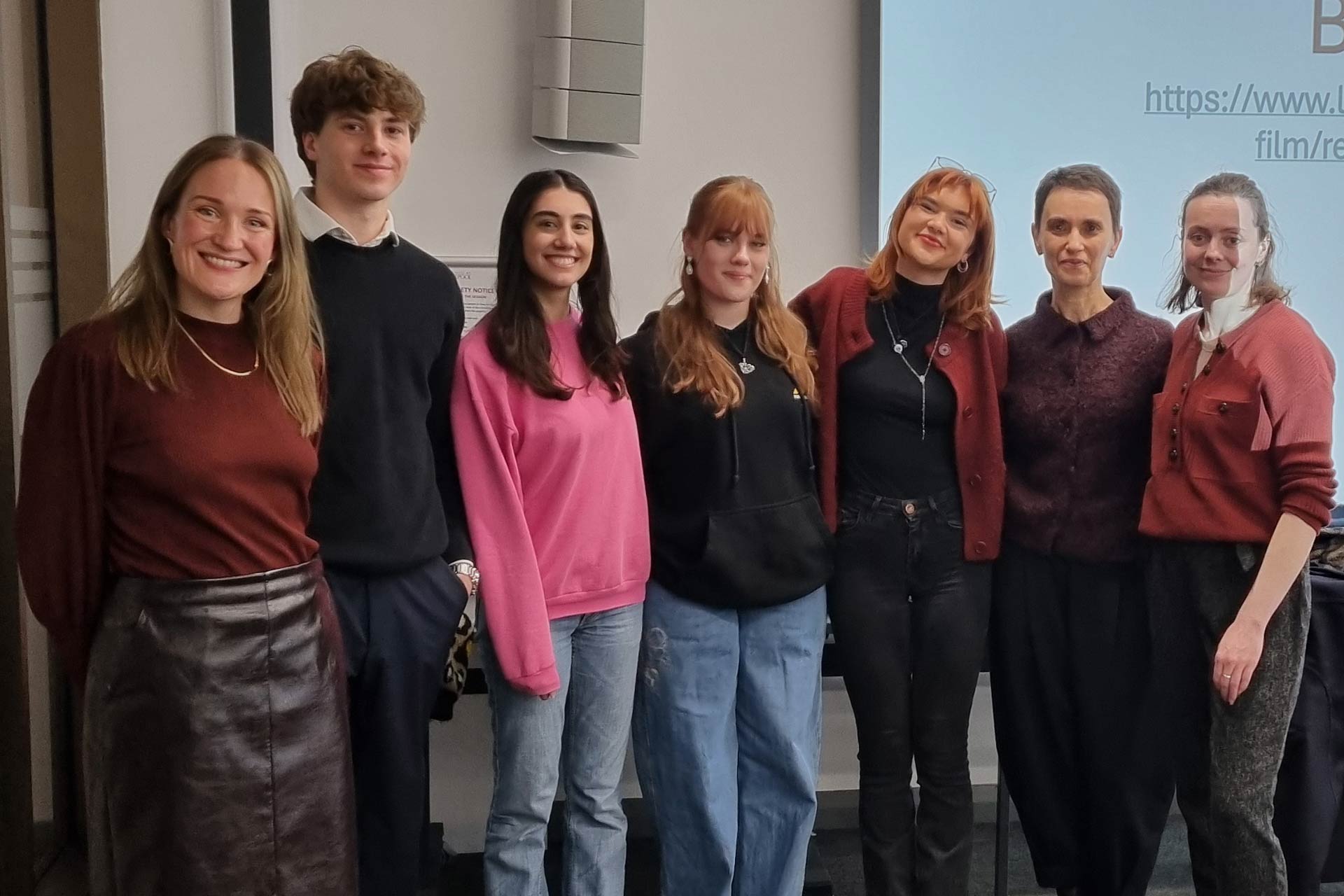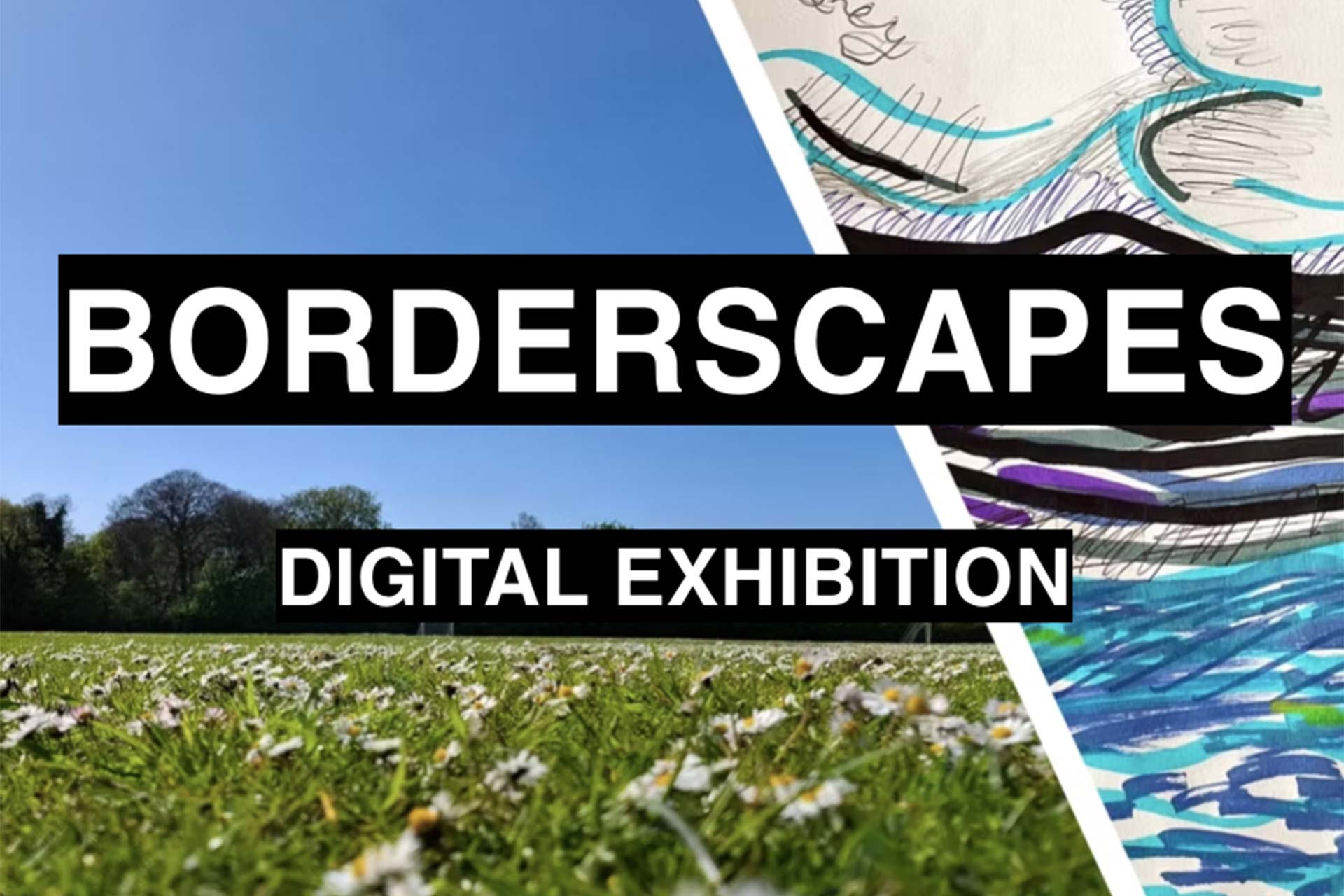Borderscapes - The linguistic de/construction of borders as an everyday practice
Led by Professor Stefania Tufi (Italian Studies and Sociolinguistics), alongside PDRA Dr Jessica Hampton, the project aims to generate new understandings of borders as everyday practices that we engage with, as internalised conceptualisations of spaces of belonging (and of exclusion), and as mechanisms that crystallise othering processes. The role of language emerges as central to these practices.
Copyright © Stefania Tufi 2024. All images belong to Stefania Tufi and you may not reproduce or use without consent.







